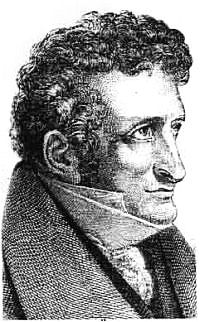Coprolalia (/ˌkɒprəˈleɪliə/ KOP-rə-LAY-lee-ə) is involuntary swearing or the involuntary utterance of obscene words or socially inappropriate and derogatory remarks. The word comes from the Greek κόπρος (kópros), meaning "dung, feces", and λαλιά (laliā́) "speech", from λαλεῖν (laleîn) "to talk".[1]
Coprolalia is an occasional characteristic of tic disorders, in particular Tourette syndrome, although it is not required for a diagnosis of Tourette's and only about 10% of Tourette's patients exhibit coprolalia.[2] It is not unique to tic disorders; it may also presents itself as a neurological disorder.[3][4]

Coprolalia is one type of coprophenomenon. Other coprophenomena include the related symptoms of copropraxia, involuntary actions such as performing obscene or forbidden gestures,[6] and coprographia, making obscene writings or drawings.[7]
- ^ Coprolalia. Dictionary.com, Accessed 30 October 2006.
- ^ Singer HS (March 2005). "Tourette's syndrome: from behaviour to biology". Lancet Neurol. 4 (3): 149–59. doi:10.1016/S1474-4422(05)01012-4. PMID 15721825. S2CID 20181150.
- ^ Singer C (May 1997). "Tourette syndrome. Coprolalia and other coprophenomena". Neurol Clin. 15 (2): 299–308. doi:10.1016/s0733-8619(05)70314-5. PMID 9115463.
- ^ Freeman RD, Zinner SH, Müller-Vahl KR, et al. (March 2009). "Coprophenomena in Tourette syndrome". Dev Med Child Neurol. 51 (3): 218–27. doi:10.1111/j.1469-8749.2008.03135.x. PMID 19183216.
- ^ Teive HA, Chien HF, Munhoz RP, Barbosa ER (December 2008). "Charcot's contribution to the study of Tourette's syndrome". Arq Neuropsiquiatr. 66 (4): 918–21. doi:10.1590/S0004-282X2008000600035. PMID 19099145.
- ^ Schapiro NA (2002). "'Dude, you don't have Tourette's:' Tourette's syndrome, beyond the tics". Pediatr Nurs. 28 (3): 243–6, 249–53. PMID 12087644.
- ^ "Linguistics 210 Semantics" (PDF). Semantic features and Tourette's Syndrome. Retrieved 21 November 2006. While this source defines coprographia, it makes misrepresentations about copro phenomena in relation to Tourette's: they are not common, and not required for diagnosis.